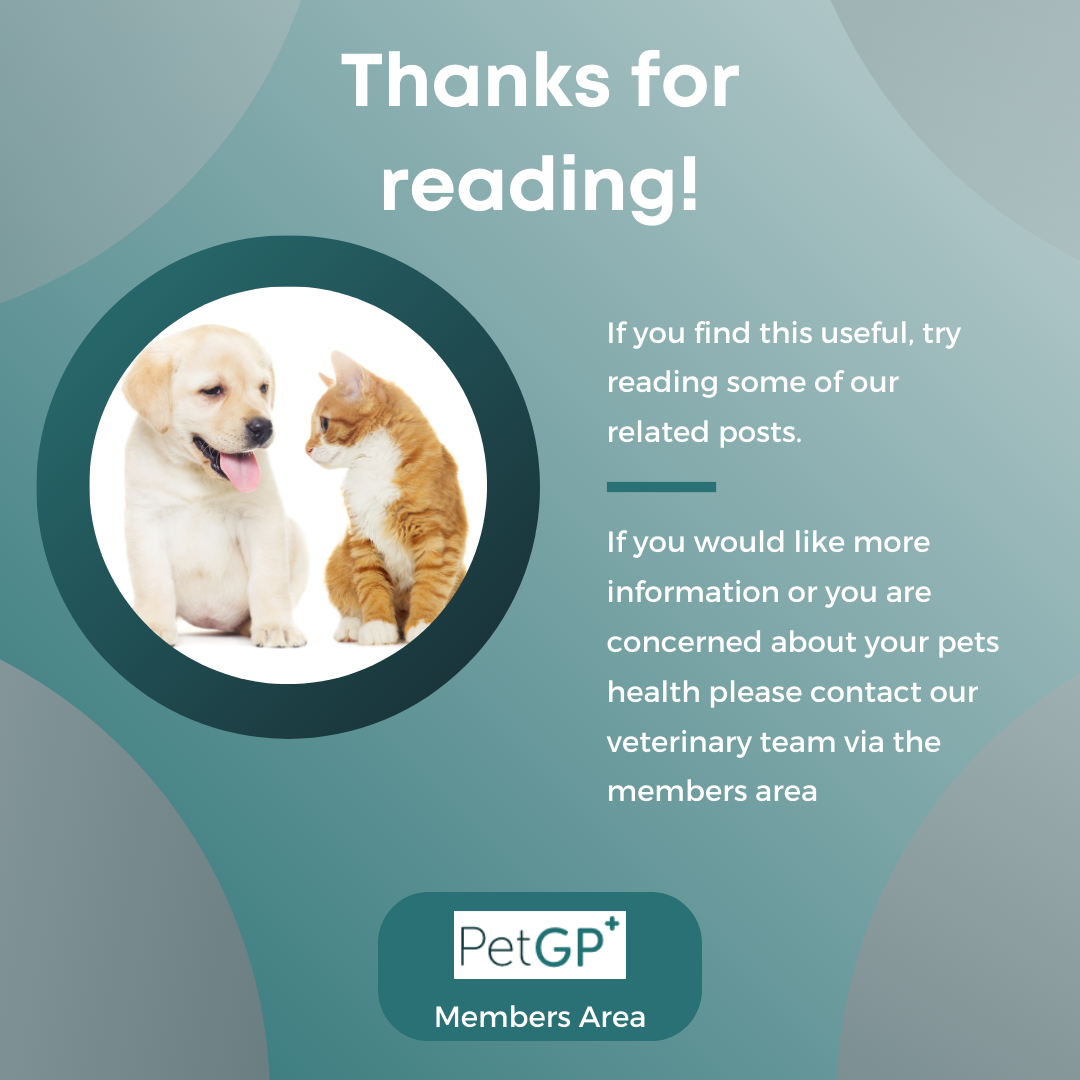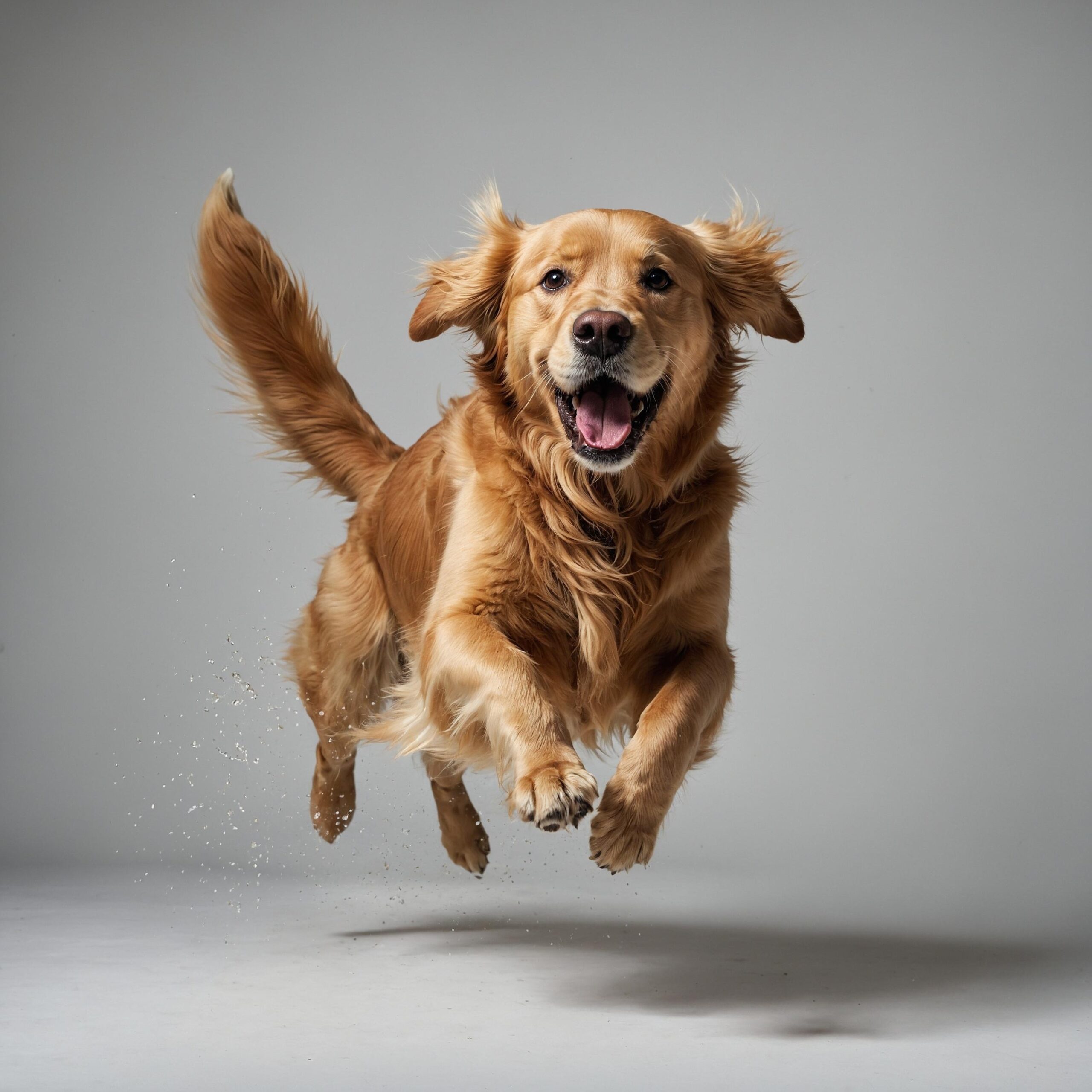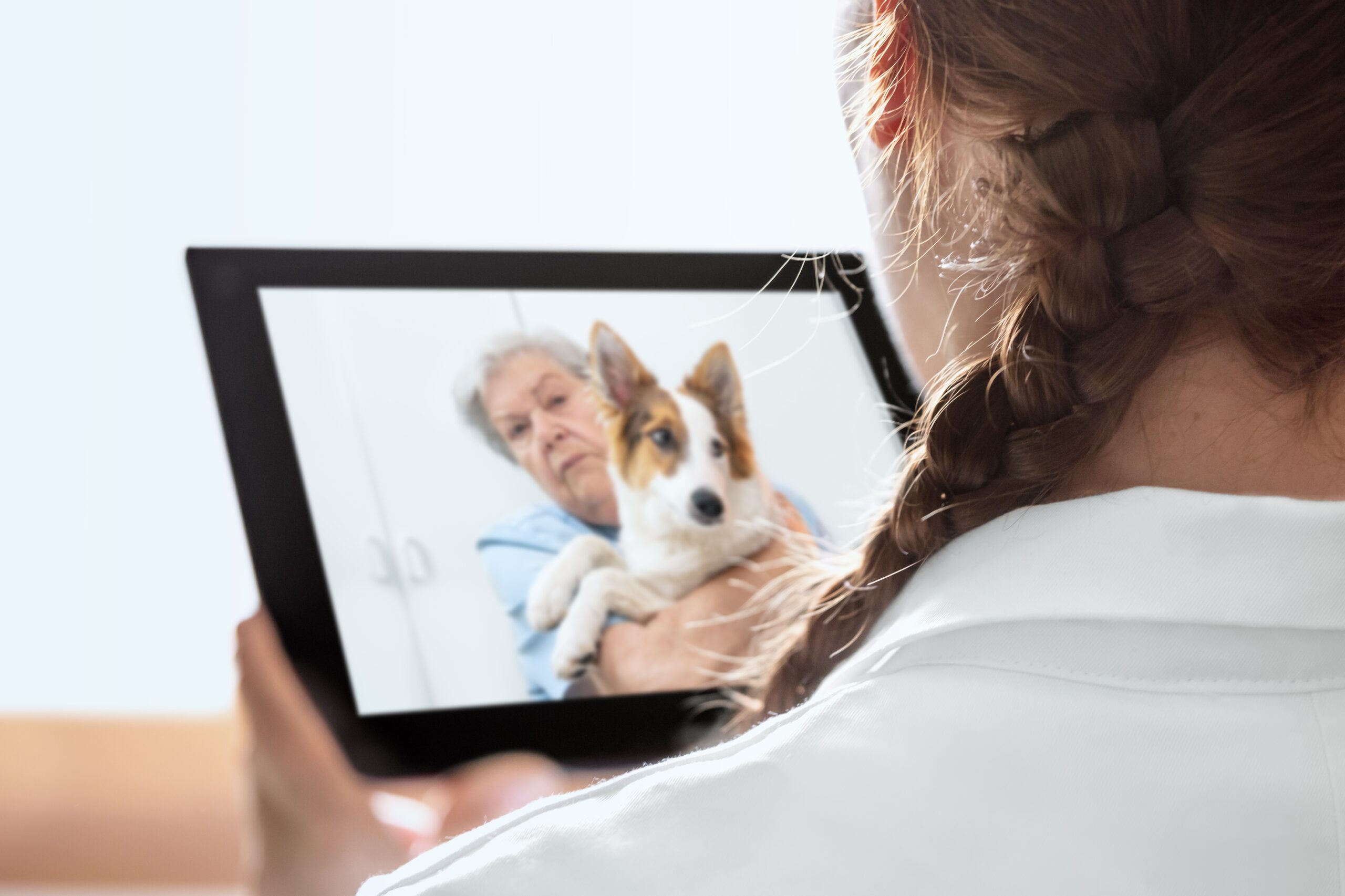What is appropriate behaviour for my dog?
Dogs are a sociable species- even prior to domestication their ancestors were friendly and sociable. Over time, their behaviour patterns have changed-different traits have been changed or enhanced through breeding. Different breeds exhibit different behaviours, so when it comes to appropriate dog behaviour there is no single rule throughout the species. Everything from social structure, communication, play and training needs varies. It is important to understand the specific requirements of the breed of dog you have. All puppies will have some similar traits despite their breed. These may become more refined over time. These traits can make some dogs more suited to a working lifestyle than others.
Understanding your dog’s needs.
This will help to ensure a happy, content life. It is important to understand what appropriate behaviour is. It can avoid many unwanted behaviours and frustrations causes by their needs not being met. For example, dogs such as border collies require a lot of exercise and mental stimulation, whereas dogs like greyhounds may prefer a sedentary lifestyle with short bursts of energy. Some working dog breeds and guard dog breeds may have certain training recommendations and are not suited to domestic lifestyles. If needs are not met, you could be faced with anxiety, fear and even aggression.
Before purchasing a puppy or rehoming a dog, it’s advisable to research the breed. This will ensure you can meet each other’s needs. However, if it is a match, you can achieve close bonds and have a fantastic rewarding life together.
Socialisation
There is a critical learning phase in the puppy’s development called the ‘socialisation period’. It lies between the ages of 3 to 14 weeks of age. In this period, your puppy learns and develops how to respond to their environment and experiences. They learn to adapt and cope with the world around them. What they experience in this time frame is critical.
In the socialisation period it’s important to have positive social interaction with people and animals. It is also vital to expose them to various stimuli and situations that they could encounter in future. Dogs that have inadequate socialisation in these few months are more likely to have unwanted behaviours in future.
Play
This is where puppies learn social signals and learn what is acceptable or not between people and other dogs. Through interactions with littermates, other dogs and people, they learn bite inhibition and play signals. Learning effective communication in both vocal and in body language. Many appropriate dog behaviours are learnt and practiced through play.
Growling, barking, scuffing, biting, play bow and tail wagging are normal and you can expect to see them during play. Play should not be aggressive, and puppies should not be encouraged to play or bite hands during play with humans. If a puppy gets into the habit of biting hands, they learn this is appropriate and it continues as they grow. There are risks associated with dogs that think that biting people is entirely acceptable behaviour. It can eventually cause accidental, or even intentional, bite injuries to people.
Exercise
All dogs require exercise to maintain health and provide mental stimulation. The type and length will depend on age, breed and health status.
Getting puppies accustomed to collars, harnesses and leads should happen before they go for their first walk. To avoid excessive pressure on the neck, harnesses are often advised for many breeds and ‘choke chains’ are discouraged.
Training your dog in appropriate lead behaviour is very important. Commands such as ‘heel’, ‘sit’ and ‘stay’ are good starting points. Training on a walk helps bond your dog to you. It teaches good manners and can be very enjoyable for your dog. These simple commands can also help diffuse any potential problematic interactions on a walk. These could be negative interactions with other dogs, and could stop them from occurring in the first place.
Chewing
This is very normal in puppies and is a natural and appropriate dog behaviour. As puppies, they chew to explore the world. It also helps maintain dental health ongoing. Puppies should be encouraged to chew appropriate items and toys. Care should be given to avoid injury to the puppy, damage to teeth and accidental ingestion (foreign body ingestion). Ideally, do not leave puppies with toys unsupervised, especially those fragile, cloth based or small. Always take note of what toys they have access to in case any go missing.
There are many ‘tough’ toys on the market. Ensure to pick those suitable for your puppy’s size. A good rule of firmness is to ensure that you can cause a depression with your fingernail. Very hard toys and object like antlers should be avoided due to the potential risk of damage to teeth.
Barking and growling
These are forms of vocal communication in the dog. They should not be dissuaded as they can be useful warning tools, and necessary to understand the dog's emotions. However, avoid stimulating excessive barking during play and interactions.
Barking can happen if your dog is excited or nervous, so try and gauge the interaction and body language. It may be entirely appropriate behaviour for the situation. Sometimes the behaviour is inappropriate and needs to be addressed to deescalate it.
If your dog is growling and showing unhappy body language, such as stiff posture, ‘whale eyes’ and ears back, then it is a warning. Stop the interaction before any aggression could escalate. If warnings from your dog are not heeded, snapping, bite injury and further aggression could result.
Toileting behaviours
This varies with age however it is advisable to direct and train your puppy to appropriate surfaces for elimination. This is for hygiene purposes. It’s important to understand your puppy's elimination triggers (e.g., if after food, play) and the cues they present when about to pass the toilet to train them effectively.
Some dogs pick up toilet training easier than others. During training, always give positive reinforcement as they learn, and do not punish if accidents happen. If there are any sudden changes to toileting habits (for example, they were previously trained well and are now having accidents), this may be a sign of illness or other underlying behavioural issues. These may be caused by illness, stress or canine cognitive dysfunction (“doggy dementia”). Older dogs may start to have incontinence issues, and this should not be ignored.
How to encourage appropriate dog behaviours
Whether it is general training, toilet training or trying to nurture desired behaviours, positive reinforcement is most effective in encouraging these. It can be in the form of verbal praise, treats, play or attention.
Aim for what the puppy perceives as ‘high value’. This can be a specific tasty food, dedicated play time with a specific toy or positive interaction with the owner.
Undesirable Behaviour
If you notice undesirable behaviour, such as biting, do not physically punish or verbally scold. Instead, stop the interaction and turn away. Reengage once the puppy has calmed down and redirect to a more appropriate interaction. Once the puppy is exhibiting good or appropriate dog behaviour- then reward them. This teaches the puppy they gain nothing from the unwanted behaviour and rewarded for the good.
A good understanding of canine body language is useful to understand your dogs’ emotions. It is also useful to avoid any conflicts before they begin.
Common Unwanted Dog Behaviour
In the UK, thousands of dogs are surrendered to rescues and rehomed every year. Behavioural problems as one of the main reasons for relinquishment.
Common unwanted behaviours can include:
- Separation anxiety
- Noise phobias (e.g., fear of fireworks)
- Fear of dogs
- Travel anxiety
- Inappropriate biting
- Excessive barking
- Inappropriate toileting habits
When To Be Worried
Many of these unwanted dog behaviours start to show as puppies. If you notice any signs of these emerging, early intervention is advised.
Fearful behaviour can evolve to fear aggression, which could in turn lead to harm to other dogs and even people. Excessive barking during play or encouragement could evolve to noise complaints.
Anxious behaviours can escalate over time, and even start to impact their health. Noise phobias can be quite traumatic to see. Many of these problems can massively effect your dogs overall quality of life.
Aggression
If you notice any aggressive behaviour (towards humans or other animals) it may indicate a problem in socialisation period, development, fear, anxiety, pain and other concerns. Growling, snapping, and aggressive posturing are all signs that can indicate a problem. Understanding the Canine Ladder of Aggression is useful. It can be used to understand how these aggressive signs can escalate, from giving warnings to physical harm.
Anxiety and fear can lead to chronic stress which can impact long term health.
Aggression and anxiety can be exacerbated by ill health and pain. If you suspect that any changes are caused by medical reason, seeking an option from your vet is advised.
Who Can Help?
While they are puppies, it may be worth while looking into puppy training classes in your area. Your local veterinary practice may be able to recommend some to you. It’s important to encourage appropriate play and habits as a puppy, and to start training and obedience lessons.
In cases of unwanted and concerning behaviours, early intervention is best. This will act on these when they are first identified before they could potentially escalate.
For noise phobias, the programs “Sounds Scary” and “Sounds Soothing” (designed in conjunction with the Dogs Trust), are very useful resources. They can be used on puppies to desensitise them before any issues start. They are also used to help adult dogs with existing phobias.
If the changes are sudden and you are concerned that there may be an underlying health issue, please contact your veterinary surgeon for them to be examined and assessed.
Where required, a referral to qualified and trained animal behaviourists, such as the Association of Pet Behaviour Councillors (APBC), can be arranged.
How can we help?
Having a dog is incredibly rewarding, but they have their own needs that should be met. Unwanted behaviours such as anxiety and aggression could result if they are not met.
Understanding your dogs needs, from safe spaces, social interaction, training and play, are important and no aspect should be ignored.
If any problems are recognised, early intervention is encouraged to avoid any escalations in unwanted behaviours.





